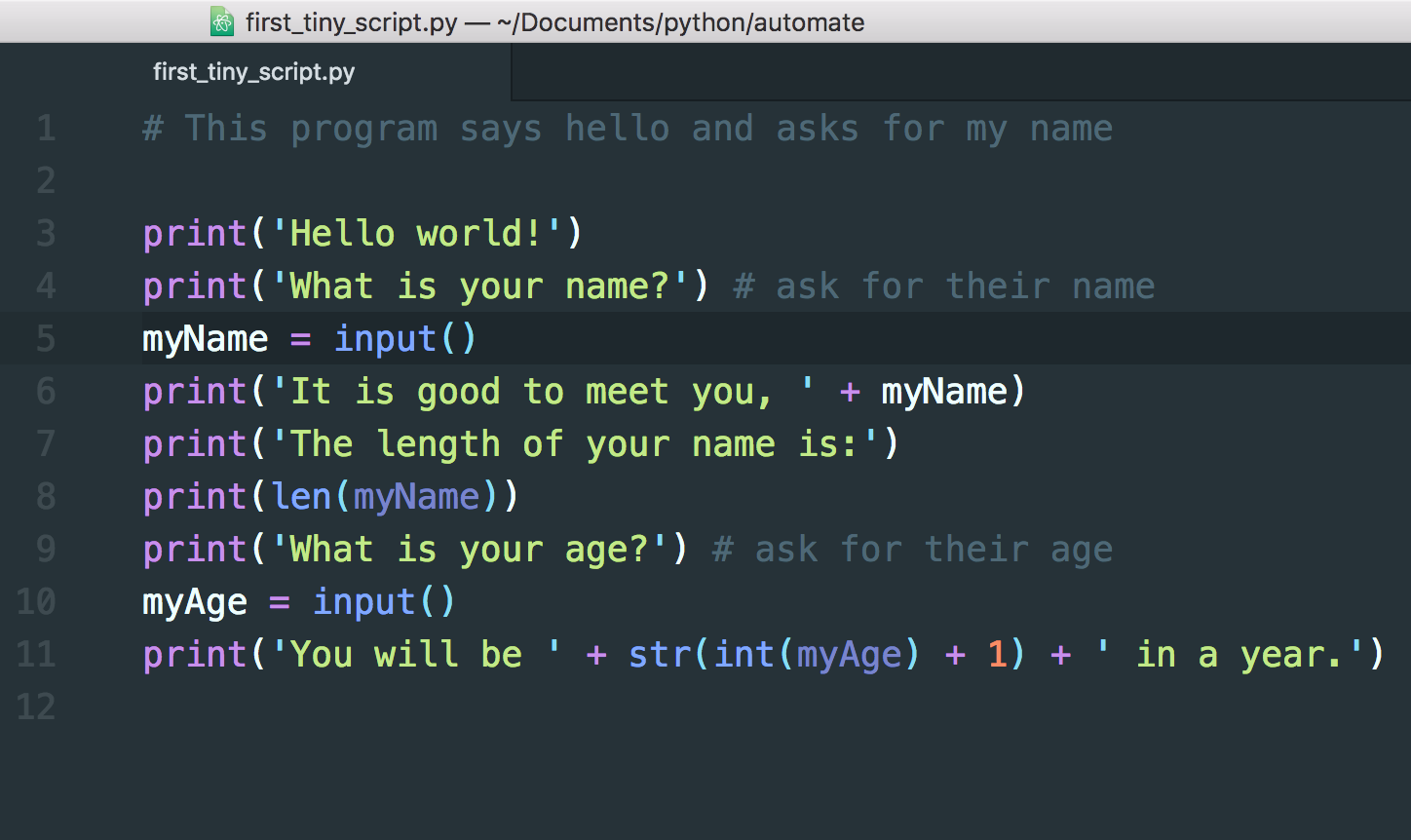To build a strong programming foundation, you first need to master Python basics. This involves understanding two of the most fundamental concepts: variables and data types. A variable is a placeholder for storing data, while a data type defines what kind of data a variable can hold. This guide will provide a comprehensive look at how to work with these essential building blocks of Python.
Table of Contents
📦 Understanding Variables: Local vs. Global
In Python, a variable is created the moment you first assign a value to it. There are two main types of variables based on where they are defined. Global variables are declared outside of any function and are accessible throughout your entire program. In contrast, local variables are declared inside a function and can only be used within that function. This separation helps to keep your code organized and prevents accidental modifications. If you need to modify a global variable from inside a function, you must use the `global` keyword.
📝 Python’s Core Data Types Explained
Python has several built-in data types to handle different kinds of information. The most common primitive types are: `int` for whole numbers, `float` for decimal numbers, `str` for text (strings), and `bool` for `True` or `False` values. Python also has powerful compound data types. A `list` is an ordered and changeable collection of items, while a `dict` (dictionary) stores data in key-value pairs, which is perfect for associating pieces of related information.
#️⃣ How to Structure Your Code with Indentation and Comments
One of Python’s most unique features is its use of indentation. Unlike other languages that use brackets or keywords to define blocks of code, Python uses whitespace (typically 4 spaces). This forces you to write clean, readable code from the start. Incorrect indentation will result in an `IndentationError`. To make your code even more understandable, you should use comments. A single-line comment starts with a `#` symbol and is used to explain a specific line of code.
—
Tadese, Girmay. Code Smart with Python Programming Language. Venus Online Software Training, 2024.
More Topics
- How to Showcase Your Python Skills with Mini-Projects
- How to Level Up with Advanced Python Programming Concepts
- How to Use Python for Cybersecurity Tasks
- How to Use Python for Data Science and Machine Learning
- How to Organize Your Code with Python Functions and Modules
- How to Work with Files in Python
- How to Use Python’s Core Data Structures

